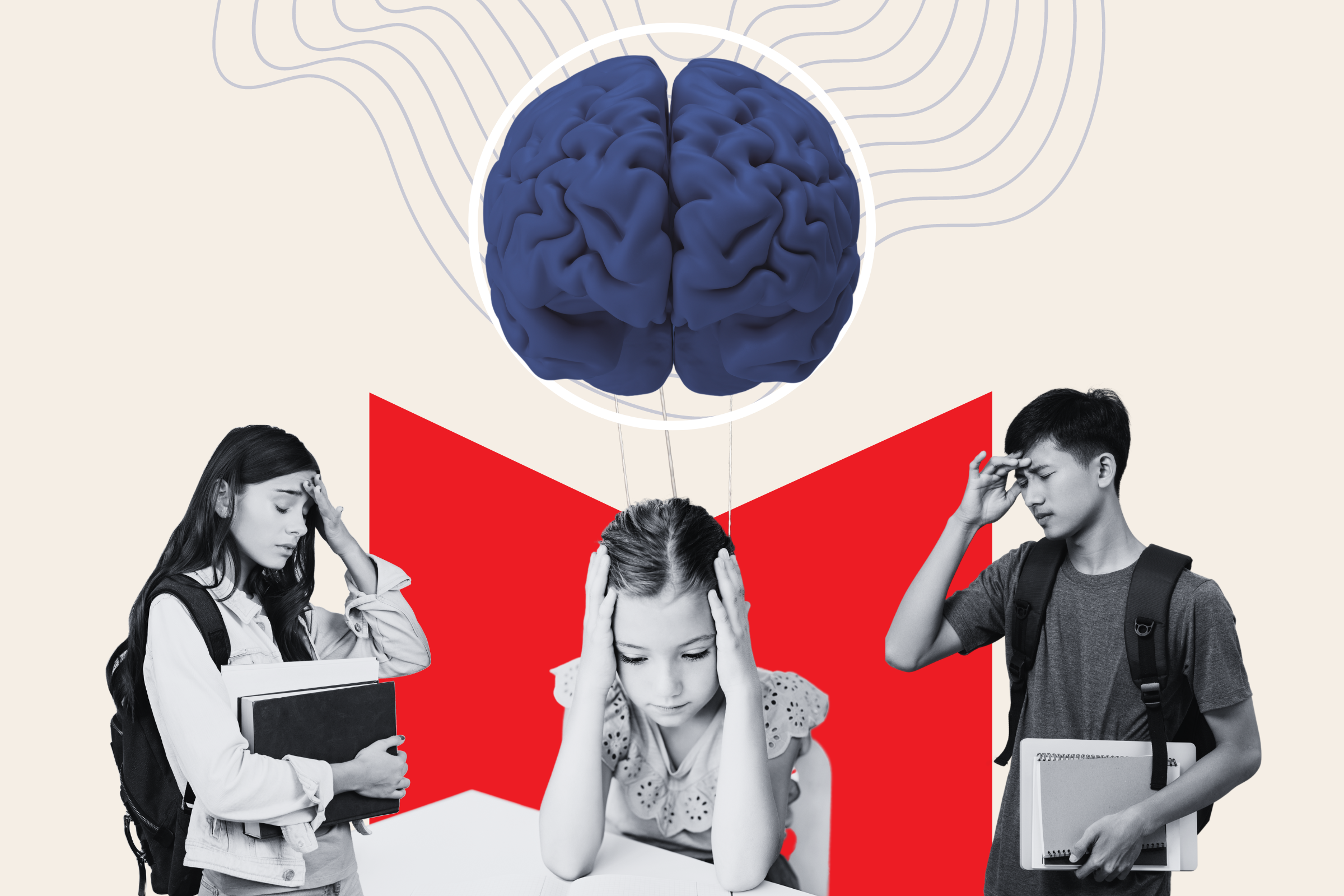Scientists have discovered that lesions caused by a parasite don't hurt—and it could be key to treating pain without addictive opioids.
Cutaneous leishmaniasis is a parasitic disease mainly affecting areas of the tropics and Southern Europe. A person becomes infected with the Leishmania parasite usually after being bitten by sand flies, that have also been infected, according to the Centers for Disease Control and Prevention (CDC). This particular kind of the leishmaniasis disease is non life-threatening but it can greatly impact communities. Some leishmaniasis can be fatal if left untreated.
The main symptom of the disease is skin lesions which can appear all over the body. But, they are not usually painful. Now, scientists have looked into this in greater detail, and discovered that it could actually lead the way to creating new painkillers. Their findings are published in the journal iScience.

"No one knows why these lesions are painless—but it has been thought that the parasite somehow manipulates the host physiological system," Abhay Satoskar, senior author of the study and professor of pathology at The Ohio State University College of Medicine, said in a release detailing the findings.
"Based on our data, something the parasites do triggers pathways that suppress pain. How they do that, we're still investigating."
The Ohio State University College of Medicine researchers analyzed the lesions on mice, to find out more.
They set out to identify pain-suppressing molecules and discovered a variety of metabolites, which have previously been linked to pain blockage. They also found links between the lesions and pathways associated with pain relief in the brain.
Scientists found that the parasites use the metabolites as a way to aid their own survival, and to help them replicate.
"We hypothesize that any molecules the parasite's presence is producing could be potential painkillers for other health problems," Satoskar said. "The infection does something in the cell that could be a direct or indirect effect—we don't know. But the environment that the infection creates leads to production of these metabolites. The exciting thing is that this is the first time we've begun to understand the cellular basis of why there is no pain in these lesions."
Scientists have been looking for alternative pain relief methods for years, as opioid addiction continues to be a major problem in the United States. The opioid epidemic across the U.S. has been described as perhaps one of the most serious and prolonged public health crises in American history.
Currently, drug overdoses are a leading cause of injury-related death. In 2021, 80,411 Americans died from opioid overdoes.
Although this specific area of research requires more analysis, any new potential pain relief method is welcome.
"The next key question is, if we know these pathways are responsible, then how are they triggered?" Satoskar said. "By the parasite, or something the parasite is doing to the host cell, or a combination of both? There could be a lot of things happening."
The researchers will continue to look into the disease, and the painless lesions, to find out more.
Uncommon Knowledge
Newsweek is committed to challenging conventional wisdom and finding connections in the search for common ground.
Newsweek is committed to challenging conventional wisdom and finding connections in the search for common ground.
About the writer
Robyn White is a Newsweek Nature Reporter based in London, UK. Her focus is reporting on wildlife, science and the ... Read more
To read how Newsweek uses AI as a newsroom tool, Click here.





